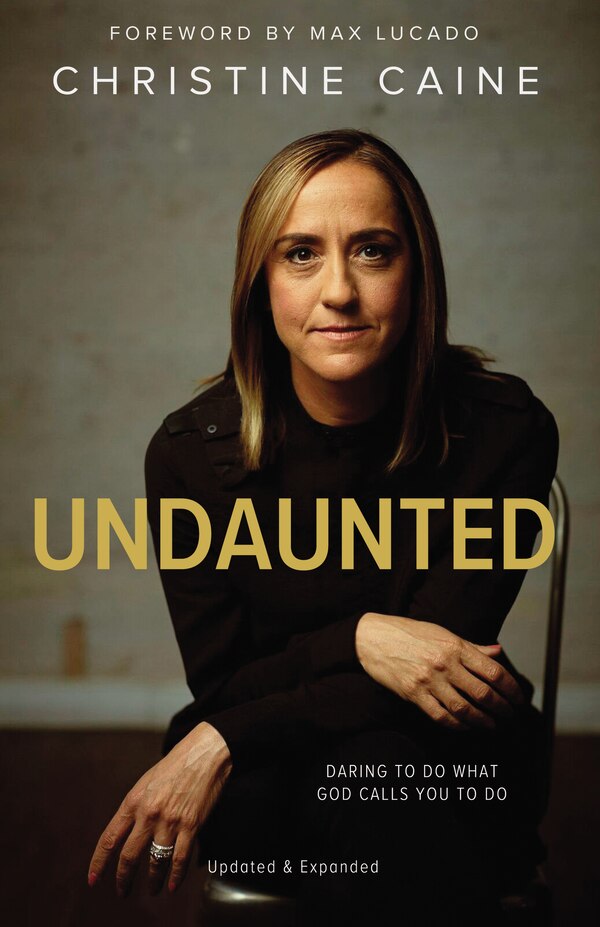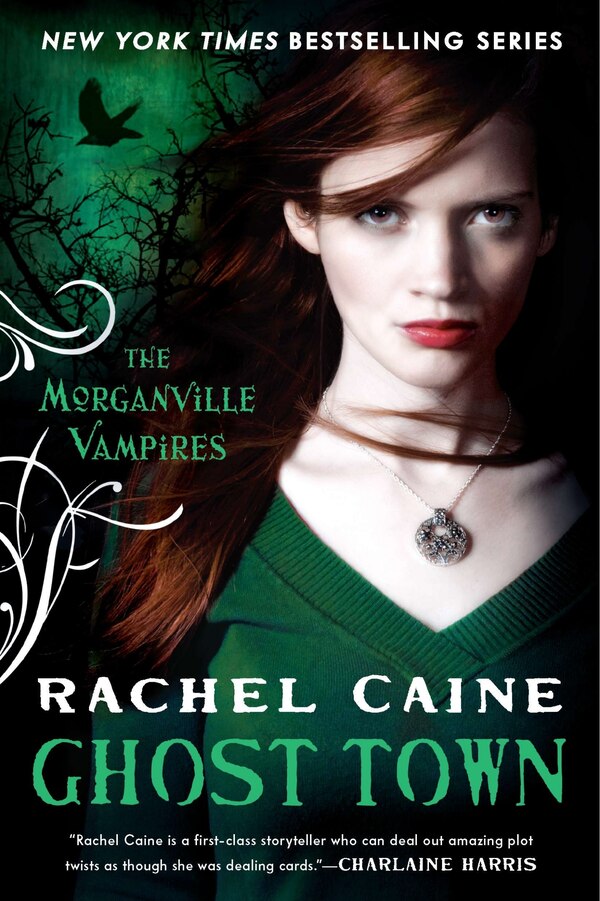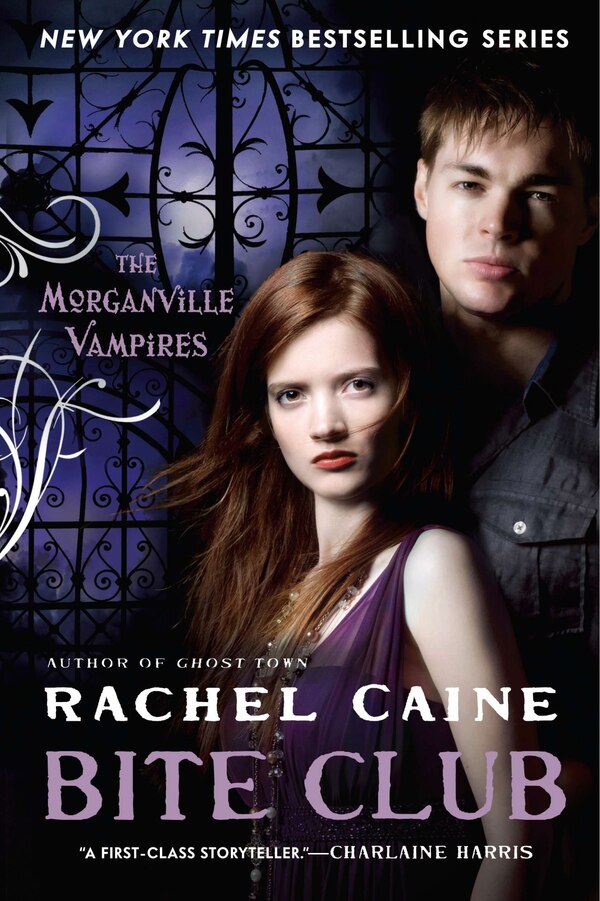
Choice Made Simple!
Too many options?Click below to purchase an online gift card that can be used at participating retailers in Village Green Shopping Centre and continue your shopping IN CENTRE!Purchase HereHome
English Feminism 1780-1980 by Barbara Caine, Paperback | Indigo Chapters
Coles
Loading Inventory...
English Feminism 1780-1980 by Barbara Caine, Paperback | Indigo Chapters in Vernon, BC
From Barbara Caine
Current price: $93.54

Coles
English Feminism 1780-1980 by Barbara Caine, Paperback | Indigo Chapters in Vernon, BC
From Barbara Caine
Current price: $93.54
Loading Inventory...
Size: 2 x 21.6 x 460
*Product information may vary - to confirm product availability, pricing, shipping and return information please contact Coles
Barbara Caine's fascinating analysis of feminism in England examines the relationship between feminist thought and actions, and wider social and cultural change over tow centuries. Professor Caine investigates the complex question surrounding the concept of a feminist 'tradition', and showshow much the feminism of any particular period related to the years preceding or following it. Though feminism may have lacked the kind of legitimating tradition evident in other forms of political thought, the ghost of Mary Wollstonecraft was something which all nineteenth- and twentieth-centuryfeminists had to come to terms with. Her story was a constant reminder of the connection between the demand for political and legal rights, and its conflation with the issues of personal and sexual rebellion. Like Wollstonecraft, every woman pioneer into the public arena faced assaults on her honouras well as on her intellectual position. The author also addresses the language of feminism: the introduction and changing meanings of the term 'feminist';the importance of literary representations of women; and the question of how one defines feminism, and establishes boundaries between feminismand the 'woman question'. She ends with a discussion of the new emphasis, post-1980s, on the need to think about 'feminisms' in the plural, rather than any single kind of feminism. analysis of feminist organizations, debates, and campaigns shows a keen sense of the relationship between feministthought and actions, and wider social and cultural change. The result is a fascinating study with a new perspective on feminists and feminist traditions, which can be used both as an introductory text and as an interpretative work. Professor Caine examines the complex questions surrounding theconcept of a feminist 'tradition', and shows how much the feminism of any particular period related to the years preceding or following it. Though feminism may have lacked the kind of legitimating tradition evident in other forms of political thought, the ghost of Mary Wollstonecraft is seen here assomething which all nineteenth- and twentieth-century feminists had to come to terms with. Her story was a constant reminder of the connection between the demand for political and legal rights, and its conflation with the issues of personal and sexual rebellion. Like Mary Wollstonecraft, every womanpioneer into the public arena was faced with assaults on her honour as well as on her intellectual position. Professor Caine also addresses the language of feminism: the introduction and changing meanings of the term `feminist'; the importance of literary representations of women; and the questionof how one defines feminism, and establishes boundaries between feminism and the `woman question'. She ends with a discussion of the new emphasis, post-1980s, on the need to think about `feminisms' in the plural, rather than any single kind of feminism. | English Feminism 1780-1980 by Barbara Caine, Paperback | Indigo Chapters
Barbara Caine's fascinating analysis of feminism in England examines the relationship between feminist thought and actions, and wider social and cultural change over tow centuries. Professor Caine investigates the complex question surrounding the concept of a feminist 'tradition', and showshow much the feminism of any particular period related to the years preceding or following it. Though feminism may have lacked the kind of legitimating tradition evident in other forms of political thought, the ghost of Mary Wollstonecraft was something which all nineteenth- and twentieth-centuryfeminists had to come to terms with. Her story was a constant reminder of the connection between the demand for political and legal rights, and its conflation with the issues of personal and sexual rebellion. Like Wollstonecraft, every woman pioneer into the public arena faced assaults on her honouras well as on her intellectual position. The author also addresses the language of feminism: the introduction and changing meanings of the term 'feminist';the importance of literary representations of women; and the question of how one defines feminism, and establishes boundaries between feminismand the 'woman question'. She ends with a discussion of the new emphasis, post-1980s, on the need to think about 'feminisms' in the plural, rather than any single kind of feminism. analysis of feminist organizations, debates, and campaigns shows a keen sense of the relationship between feministthought and actions, and wider social and cultural change. The result is a fascinating study with a new perspective on feminists and feminist traditions, which can be used both as an introductory text and as an interpretative work. Professor Caine examines the complex questions surrounding theconcept of a feminist 'tradition', and shows how much the feminism of any particular period related to the years preceding or following it. Though feminism may have lacked the kind of legitimating tradition evident in other forms of political thought, the ghost of Mary Wollstonecraft is seen here assomething which all nineteenth- and twentieth-century feminists had to come to terms with. Her story was a constant reminder of the connection between the demand for political and legal rights, and its conflation with the issues of personal and sexual rebellion. Like Mary Wollstonecraft, every womanpioneer into the public arena was faced with assaults on her honour as well as on her intellectual position. Professor Caine also addresses the language of feminism: the introduction and changing meanings of the term `feminist'; the importance of literary representations of women; and the questionof how one defines feminism, and establishes boundaries between feminism and the `woman question'. She ends with a discussion of the new emphasis, post-1980s, on the need to think about `feminisms' in the plural, rather than any single kind of feminism. | English Feminism 1780-1980 by Barbara Caine, Paperback | Indigo Chapters


















